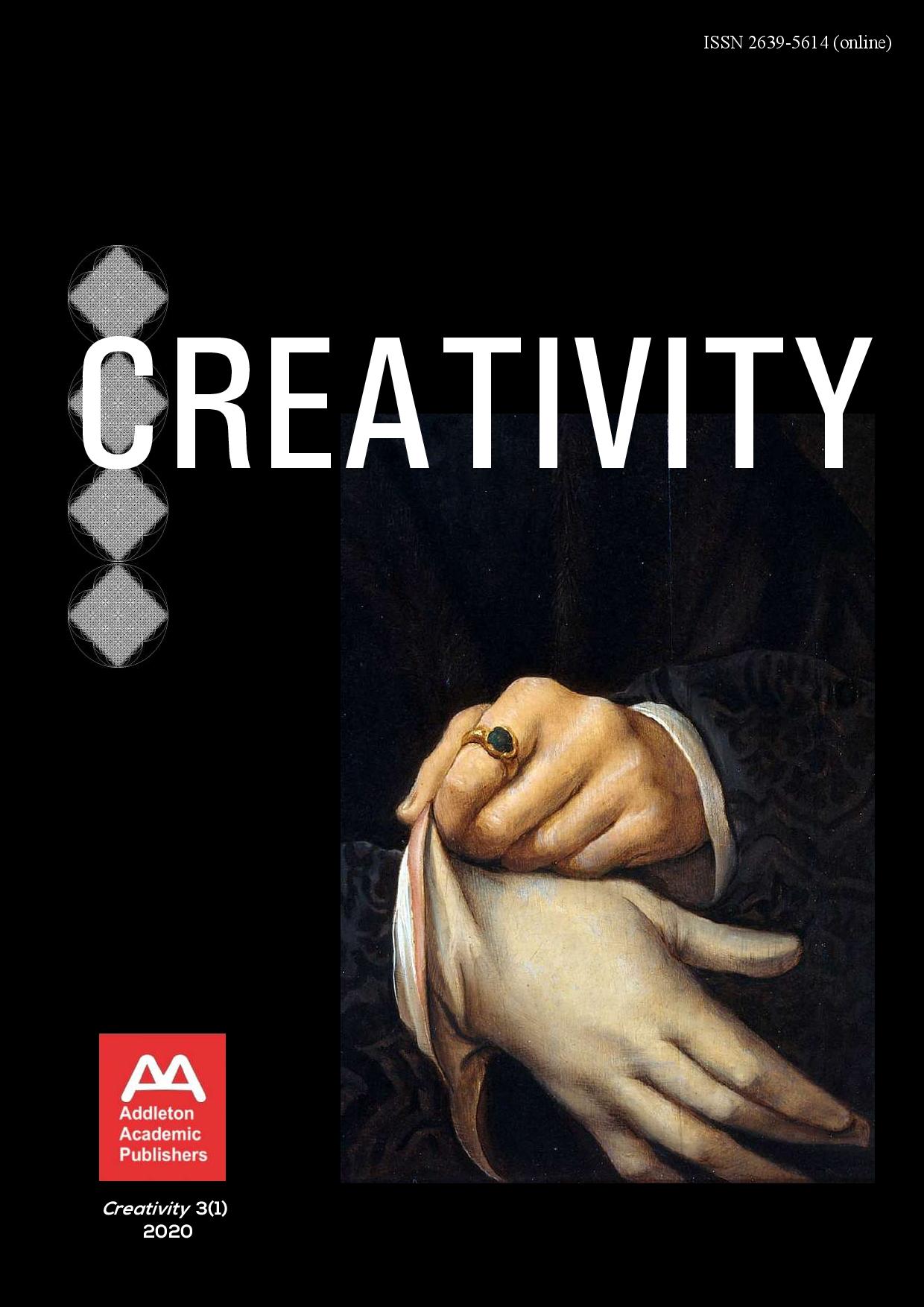The universe of Thomas Chatterton: the life and the literary revolution
The universe of Thomas Chatterton: the life and the literary revolution
Author(s): Mihai A. StroeSubject(s): Poetry, Aesthetics, British Literature
Published by: Addleton Academic Publishers
Keywords: Gothic Revival; proto-romantic revolution; sympho-painting; synesthesia; forgery; magic universe; disenchanted universe; dark machine; genius; poète maudit; suicide; clash-of-harmony effect;
Summary/Abstract: Thomas Chatterton came to be regarded as the enfant terrible of the English letters, who in the decades and century that followed his premature death in 1770 took the British literary scene by storm. How such a state of affairs was possible and what the many cultural and literary implications are we propose to clarify in the present research by exploring the life of the “boy-poet” and the fictional universes he created thus launching a literary revolution in England which matured as what we today call Romanticism. That such a complex revolution as the romantic was launched by a “boy-poet” is perhaps startling for the modern reader; that because of it Chatterton came to be considered a “child prodigy” comparable with Mozart (cf. Russell 1937) is perhaps no less surprising. For the sake of rigour, at the end of the present study we include as evidentiary support a relevant selection (with comments) of Chatterton’s works revealing the marvelous fictional universe. The Rowley productions are here rendered in Walter Skeat’s modernized 1883 version which to the modern reader will be much more accessible than the originals in “Rowleyese.” The selection of Chatterton’s works is divided in two: 1) the works reflecting the magic universe (the Rowley productions); 2) those reflecting the disenchanted universe (the productions he acknowledged as created by himself). Some of the texts that we consider as most important in the Chatterton corpus we quote here in full. In this sense, the general model we have had in mind for such a format is M. H. Abrams’ edition of The milk of paradise (1971), which at the end offers the reader an edition of the selected original works of the authors explored in the critical research that are normally difficult of access. The reason we choose this format (presentation of criticism and original work with comments) is the following: the complaint of various critics that research on Chatterton mainly focuses on the life, with no room left for a serious consideration of the poetic works themselves. Such a format is necessary indeed, since it will give the reader a chance to judge both what is said about the author as well as what is said about the work, and with direct access to it.
Journal: Creativity
- Issue Year: 3/2020
- Issue No: 1
- Page Range: 103-329
- Page Count: 227
- Language: English
- Content File-PDF

